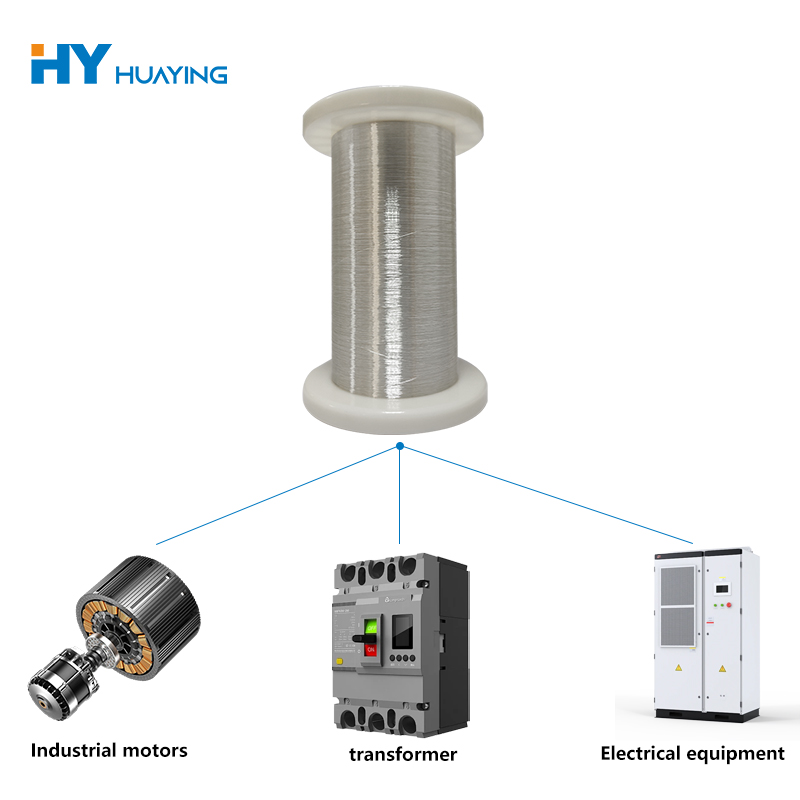How Does the Insulation Type Affect Your Magnet Wire Performance
2025-11-26
When designing or maintaining electrical equipment, the performance of your Magnet Wire is non-negotiable. Many focus solely on the conductor, but the insulation type is a critical component that directly impacts efficiency, reliability, and longevity. At Huaying, we understand that selecting the right insulation is just as important as selecting the wire itself. It acts as the first line of defense, dictating how your wire will perform under thermal, electrical, and environmental stress.
The insulation on a Magnet Wire is a thin, protective layer applied to the conductive core. Its primary properties define your wire's capabilities:
-
Thermal Class: The maximum temperature at which the insulation can operate continuously without degrading.
-
Dielectric Strength: The ability to withstand high voltages without breaking down.
-
Chemical Resistance: Protection against solvents, acids, and other corrosive materials.
-
Flexibility and Abrasion Resistance: Essential for windings that require tight bends and are subject to mechanical friction.
Huaying Magnet Wire Insulation Types and Properties
| Insulation Material | Thermal Class | Key Advantages | Ideal Applications |
|---|---|---|---|
| Polyurethane | Class 130 (B) | Excellent solderability, good chemical resistance | Consumer coils, small transformers |
| Polyester Imide | Class 180 (H) | Superior thermal shock, good chemical and abrasion resistance | Electric motor windings, industrial transformers |
| Solderable Polyurethane | Class 130 (B) | Self-fluxing when soldered, simplifying manufacturing | Voice coils, relay coils |
| Formvar | Class 105 (A) | Classic material, good overall properties | Low-temperature transformers and inductors |
Magnet Wire FAQ
What is the difference between Class 130 and Class 180 Magnet Wire?
The primary difference is the maximum continuous operating temperature. Class 130 wire is rated for 130°C, while Class 180 wire, often using advanced materials like Polyester Imide from Huaying, is rated for 180°C. This makes Class 180 wire essential for high-temperature environments like electric motors and industrial drives, offering greater long-term stability.
Can I use a magnet wire with a higher thermal class than required?
Yes, using a wire with a higher thermal class, such as opting for a Huaying Class 180 wire in a Class 130 application, is generally safe and can be beneficial. It provides a significant safety margin, enhances the lifespan of your component by reducing thermal stress, and improves overall system reliability.
How does insulation affect the overall size of my coil winding?
The insulation type and its build thickness directly impact the finished size of your coil. A thicker insulation layer, while offering higher dielectric strength, will result in a larger coil for the same number of turns. Huaying provides wires with precise, consistent insulation builds, allowing for accurate design and optimal space utilization in your applications.
Choosing the right insulation is not a minor detail—it is a fundamental decision for your product's success. The wrong choice can lead to premature failure, while the right one ensures peak performance and durability. The experts at Huaying are ready to help you navigate these critical specifications.
Contact us today to discuss your project requirements. Let Huaying provide you with the perfect Magnet Wire solution that guarantees performance and reliability.
